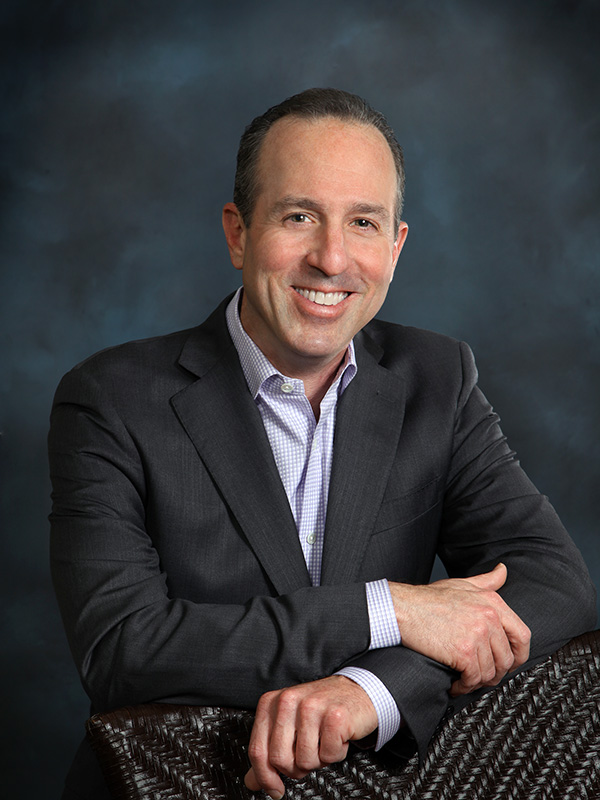Knee Cartilage Repair Surgeon

Are you experiencing pain and stiffness in your knee? If so, you may have knee cartilage damage. Cartilage repair is aimed at restoring damaged articular cartilage while preserving healthy cartilage. Knee cartilage repair surgeon, Dr. Mark Getelman provides diagnosis and both surgical and nonsurgical treatment options for patients in Los Angeles who have developed knee cartilage damage. Contact Dr. Getelman’s team today!
Knee Surgeon Discusses Knee Cartilage Repair Techniques
Articular cartilage covers the ends of the bones in the knee joint to provide fluid and pain-free motion. Articular cartilage is a critical component to a healthy knee, and cartilage damage can cause pain and swelling within the joint. Over time, the damaged area can continue to worsen and lead to a complete loss of cartilage down to the bone, leading to painful osteoarthritis. Cartilage restorative surgery is an effective way to restore the damaged area and preserve healthy cartilage. Dr. Mark Getelman, board certified knee surgeon, offers a variety of knee cartilage repair procedures for patients living in the Van Nuys, Westlake Village, Thousand Oaks and Los Angeles, California communities. Many patients are able to return to the activities they love following a cartilage repair.
It is very important to treat damaged cartilage when symptoms begin. Cartilage repair is aimed at restoring damaged articular cartilage while preserving healthy cartilage. Dr. Getelman will determine the correct surgical knee cartilage repair based on the size of the defect, defect location, associated knee injuries, patient’s activity level and patient’s age.
Dr. Getelman offers a number of cartilage surgery procedures. These procedures include NeoCart, chondroplasty, Microfracture, fetal cartilage restoration, osteochondral autograft transfer and osteochondral allograft transplantation.
- NeoCart: Dr. Getelman is an FDA investigator for this regenerative medicine platform used to repair cartilage defects in the knee. A NeoCart transplant is produced from a patient’s own healthy cartilage cells. The cells are harvested from the end of the femur bone and then expanded and embedded in a special incubation environment to create cells capable of repairing damaged cartilage. The new cells are then shipped from the laboratory and implanted into the patient’s damaged knee.
- Chondroplasty: Chondroplasty is an arthroscopic cartilage surgery performed by Dr. Getelman to smooth damaged knee cartilage and lessen friction within the joint. Once the defects are removed or smoothed down, the surrounding healthy cartilage can provide joint support.
- Microfracture: Microfracture is performed by Dr. Getelman in patients who have a full thickness loss of cartilage. During the cartilage surgery, a tiny pick is used to make holes in the bony surface of the damaged cartilage. The holes allow marrow and stem cells to flow out and form a blood clot over the defect. Over time, the blood clot will differentiate into a fibrocartilage layer that will cover and protect the damaged area.
- Osteochondral autograft transfer (OATs): During this knee cartilage repair procedure, small plugs of bone and cartilage are harvested from the patient’s own knee and transferred to fill the damaged area.
- Osteochondral allograft transplantation (OATs): This procedure is similar to the autograft transfer, but allograft transplantation involves bone and cartilage plugs being harvested from a donor and transplanted to fill the defect.
Articular Cartilage Defects Surgery Repair Protocols
Following any cartilage repair procedures, a careful rehabilitation program and physical therapy will be prescribed by Dr. Getelman. Post-operative care varies depending on severity of the defect and cartilage surgery performed. Patients who undergo chondroplasty are generally on crutches for just a few days and allowed to weight bear as tolerated with full range of motion. Patients who undergo the other knee cartilage repair procedures are placed in a brace and weight bearing is protected for 6-8 weeks. Motion may be initially restricted and a continuous passive motion machine (CPM) is typically used for 6 weeks following the procedure.
For additional information on the various knee cartilage repair techniques, please contact the office of Van Nuys, Westlake Village, Thousand Oaks and Los Angeles, California orthopedic knee surgeon, Dr. Mark Getelman.
